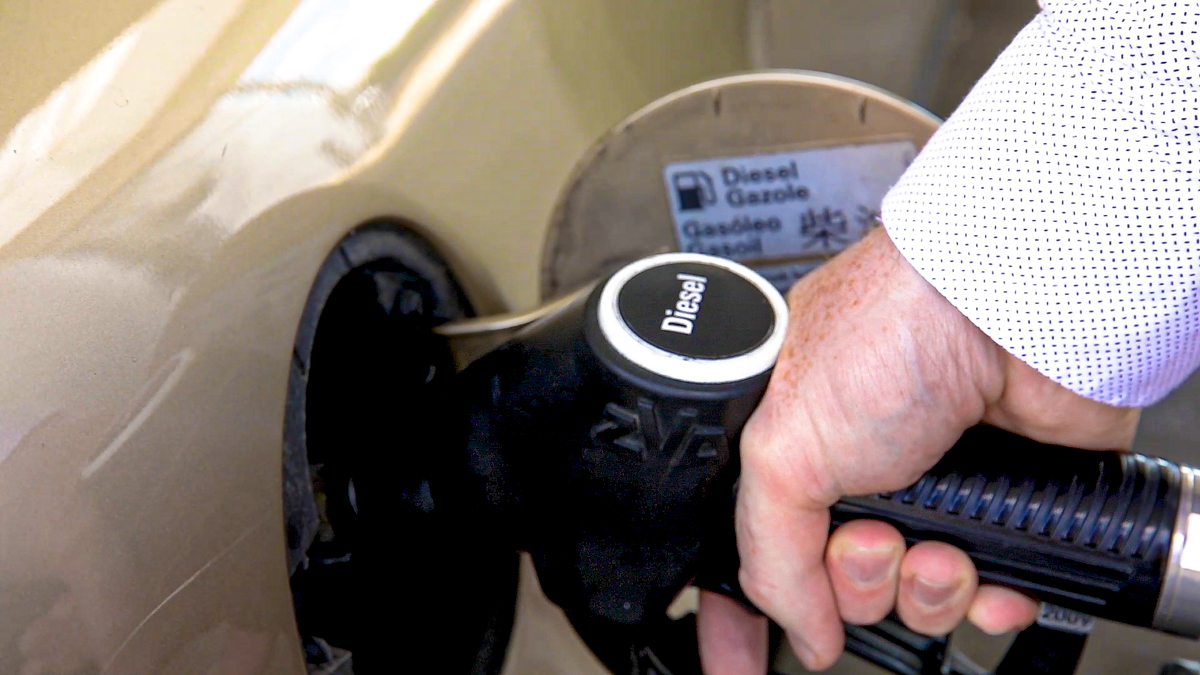A total of €20 million in revenue arising from carbon taxes is being allocated for “pilot environmental programmes in agriculture” next year in Budget 2021.
In a Budget 2021 document entitled “The Use of Carbon Tax Funds 2021”, a breakdown of allocations was provided.
According to the document, in Budget 2020, Minister for Finance Paschal Donohoe committed to ring-fencing the revenue arising from the €6 carbon tax increase announced in that budget.
The Department of Finance estimated that, between the €6 carbon tax increase introduced in Budget 2020, and the €7.50 increase under Budget 2021, the combined proceeds of the 2020 and 2021 increases in the carbon tax are estimated at €238 million in 2021.
This additional funding will be allocated in 2021 towards the Programme for Government commitments, the department says.
- Investment in residential and community energy efficiency – €100 million;
- Targeted social protection interventions – €48 million;
- Pilot environmental programmes in agriculture – €20 million;
- Continuation of 2020 Carbon Tax Investment Programme – €70 million.
Under the “Pilot environmental programmes in agriculture” category, the Department of Finance explained that the Programme for Government “commits to the creation of schemes that will encourage
and incentivise farmers to farm in a greener and more sustainable way”.
“The first step in this commitment is the additional allocation in Budget 2021 of €20 million in funding to contribute to piloting new schemes that will offer lower carbon solutions to farmers,” it was added.
“The new funds will be used to create an innovative, results-based pilot scheme for farmers who improve the biodiversity and carbon management of their land, by undertaking specific actions which they report directly based on the results generated from their actions.
This pilot scheme will be modelled on best practice from existing [Common Agricultural Policy (CAP)] schemes, and will be informed by experiences of those involved in implementing such schemes currently and other stakeholders.
It is intended that this pilot will only be open to farmers who are not participating in the current GLAS [Green Low-carbon Agri-environment Scheme] scheme in order to broaden the reach of these types of schemes.
The department said that these funds will also contribute to targeting other specific commitments in the Programme for Government, including re-wetting of peat soils and climate and biodiversity training, in measures that will be available to a broader range of farmers.
In addition to driving immediate environmental gain, the pilot scheme will also be designed to inform the design and roll-out of a new environmental scheme on a national scale under the new CAP, the department document concludes.
